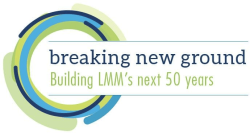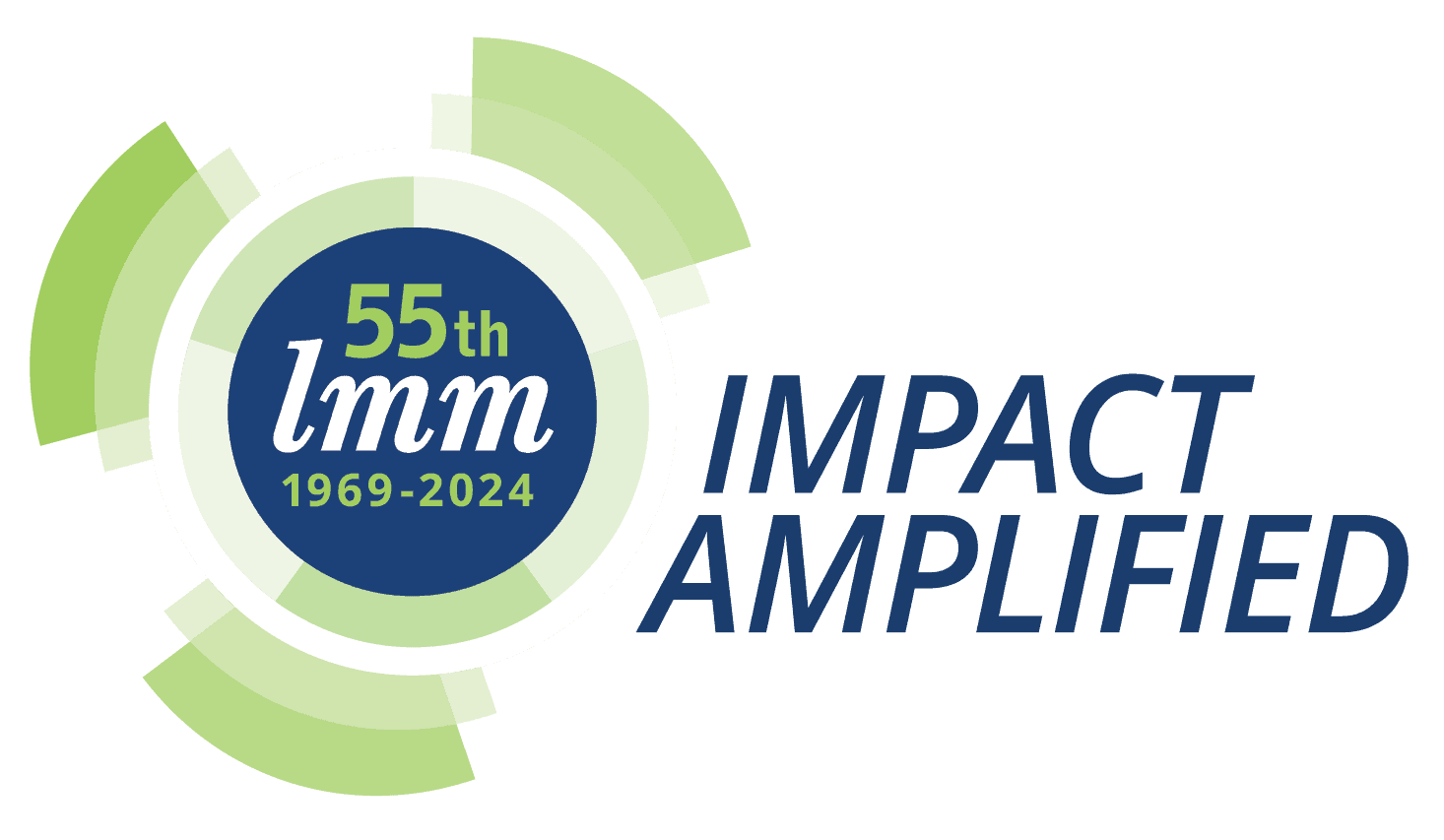How can we make democracy and civic engagement accessible to everyone?
Democracy and civic engagement are essential for a thriving society, but various barriers prevent many individuals, especially those from marginalized backgrounds, from participating. To create an inclusive democracy, we must eliminate these barriers and empower individuals while promoting community engagement.
One major barrier to democratic participation is the presence of strict voter ID laws and limited voting locations, which disproportionately affect low-income individuals and hinder their ability to exercise their voting rights. To address this, we can implement several strategies. First, designating Election Days as federal holidays would provide working people with ample time to reach their voting locations without the burden of work commitments. Collaboration with public transit authorities to offer free rides to and from polling locations would overcome transportation barriers that prevent individuals from casting their votes. Additionally, allowing voter registration at the Bureau of Motor Vehicles (BMV) when obtaining a photo ID would streamline the process and increase accessibility. Furthermore, expanding the number of voting locations, especially in underserved areas, would ensure easier access to polling stations for all citizens.
Education and awareness play a crucial role in empowering individuals and promoting civic engagement. It is essential to inform formerly incarcerated individuals about their right to vote and guide them through the re-registration process as they re-enter society. Providing educational resources within correctional facilities can foster a culture of civic engagement and ensure that individuals are aware of their voting rights before re-entry. Moreover, people experiencing homelessness, both sheltered and unsheltered, have the right to vote. By educating and assisting them in understanding their voting rights and facilitating their participation, we can ensure their inclusion in the democratic process
“Democracy and civic engagement are essential for a thriving society.”
Community engagement and volunteering create opportunities for active participation and foster a sense of belonging and responsibility. Encouraging involvement in local initiatives, such as community clean-up drives, the establishment of community gardens, or participation in mentoring programs, strengthens connections to neighborhoods and enhances civic responsibility. Collaborative decision-making platforms, such as town hall meetings or community forums, provide opportunities for citizens to participate in decision-making processes, fostering a sense of ownership and empowerment.
In conclusion, building an inclusive democracy requires the removal of barriers to participation. By designating Election Days as federal holidays, expanding voting locations, facilitating convenient voter registration, and collaborating with public transit, we can ensure broader access to the voting process. Additionally, educating individuals about their rights, particularly among marginalized groups, and fostering community engagement through volunteerism and collaborative decision-making further enhance civic participation. Together, these efforts can create a vibrant democracy that reflects the diversity and values of all its citizens.






